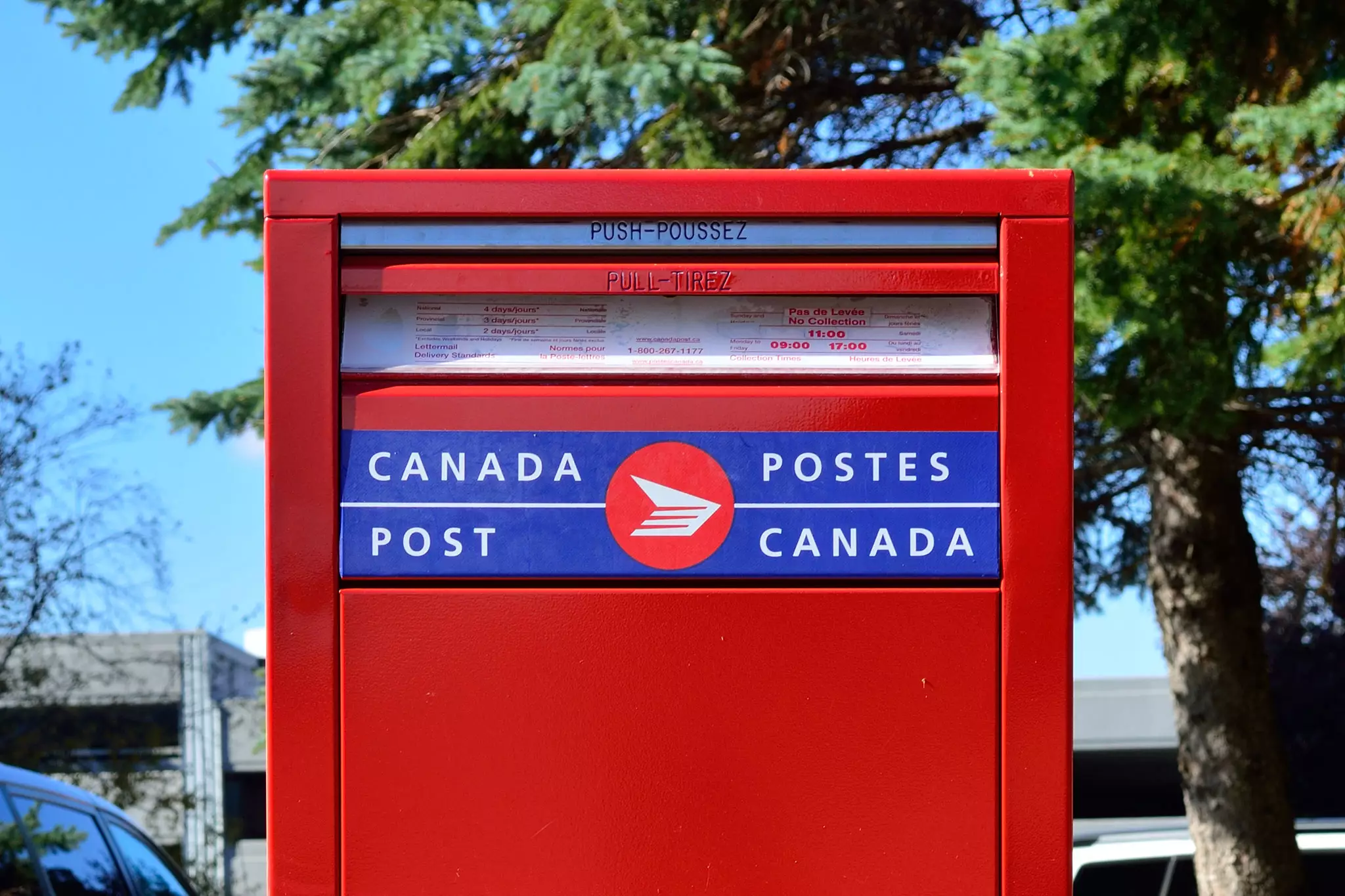National Chief Cindy Woodhouse Nepinak has been advocating for a settlement that would allocate $47.8 billion over a decade to reform the First Nations child welfare system.
This agreement is the result of decades of advocacy and legal action by First Nations and child welfare experts, who sought to address longstanding discrimination against First Nations children. These children were often removed from their families and placed in foster care due to the lack of funding for services on reserves that could have kept families together.
The federal government is responsible for child welfare on reserves, while provincial governments handle child welfare programs elsewhere. However, Ottawa’s funding was only comparable to provincial levels when it came to foster care because the federal government had to pay provincial agencies to provide these services at provincial rates.
The AFN plans to ratify the agreement at a special assembly in September, pending the chiefs’ approval.
Cindy Blackstock of the First Nations Child and Family Caring Society, who was instrumental in launching the original complaint that led to this agreement, spoke to chiefs in Saskatchewan about the draft deal.
“Based on what I know now, this is not a good deal for our kids. I believe we can achieve much more,” she said during an event focused on discussing the agreement.
“And the way to achieve more is to ensure the process is inclusive and transparent, involving those who work with families and community leaders.”
Meanwhile, Woodhouse Nepinak defended the agreement during a news conference in Winnipeg.
“Canada has pursued colonial policies, attacking our Nations by removing our children from their families, homes, and communities for generations,” Woodhouse Nepinak stated. “The final settlement agreement is a significant step towards greatly improving services for First Nations children after generations of abuse by federal and provincial child welfare systems by directing funds to First Nations.”
Blackstock expressed concerns about how the AFN could present nuanced information to chiefs regarding the settlement agreement when a clause in the deal mandates public promotion and defense of it.
“In my view, consultation means giving people the full picture – including the downsides,” Blackstock said in an interview. “It’s not about selling an agreement; it’s about presenting the different options, along with their pros and cons.”
Woodhouse Nepinak defended the clause, emphasizing that it’s essential for regional chiefs to communicate with their assemblies and that promoting the agreement ensures broader awareness.
“At the end of the day, First Nations will decide whether this agreement moves forward,” Woodhouse Nepinak said. “They can change any clause they wish or recommend any changes.”
However, Blackstock pointed out that this isn’t entirely accurate, noting that she couldn’t find any information on the AFN’s website about how to propose an amendment. She also mentioned the lack of clear processes for chiefs to discuss potential amendments before the special assembly.
With the vote set to occur in less than a month, Blackstock questioned how all 633 First Nations would have the opportunity to submit amendments.
“Where’s the process?”
Blackstock also raised concerns about the exclusion of service providers and youth with lived experiences from the agreement, emphasizing their crucial role in ensuring that the agreement is effective in practice.
Indigenous Services Canada did not immediately respond to a request for comment.



